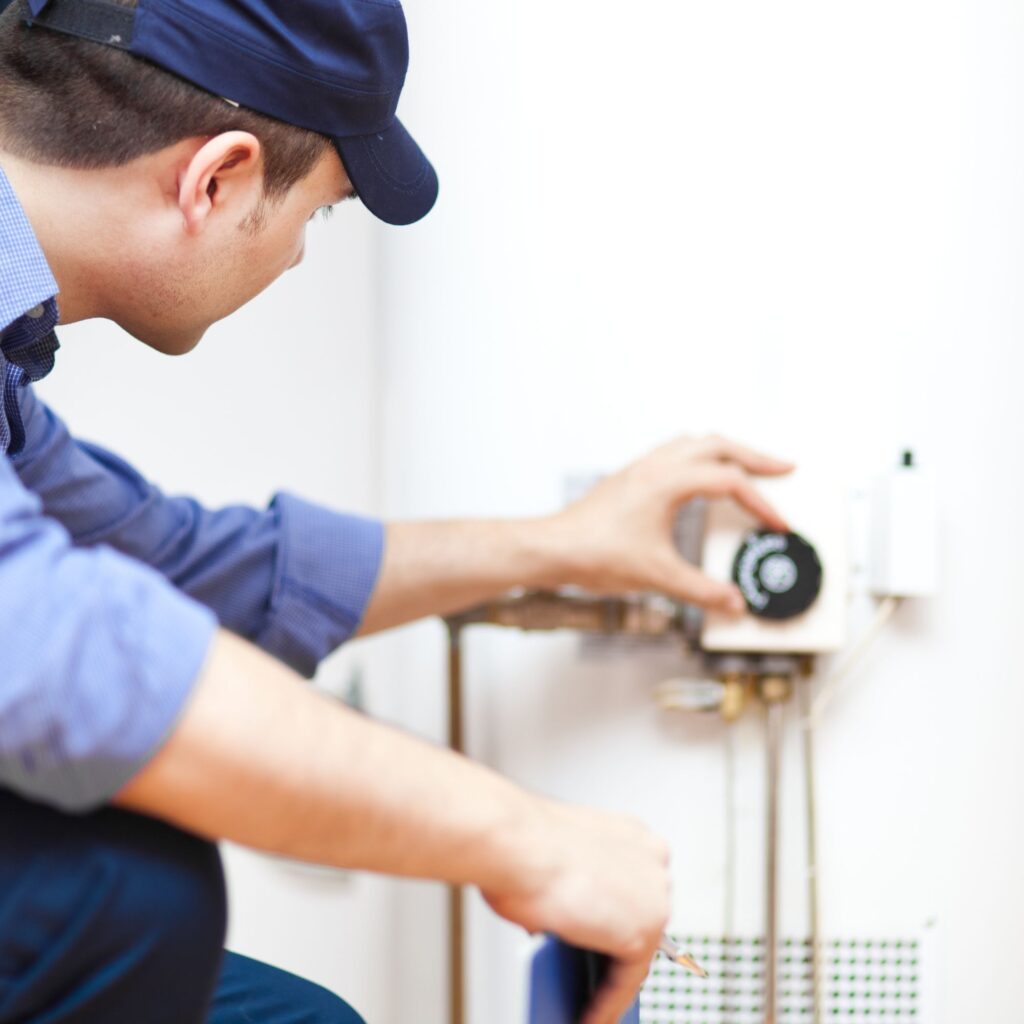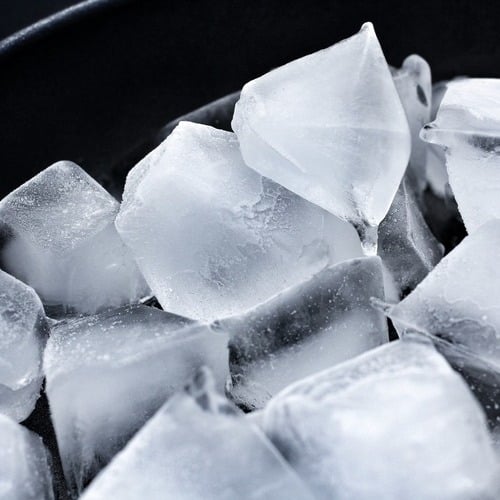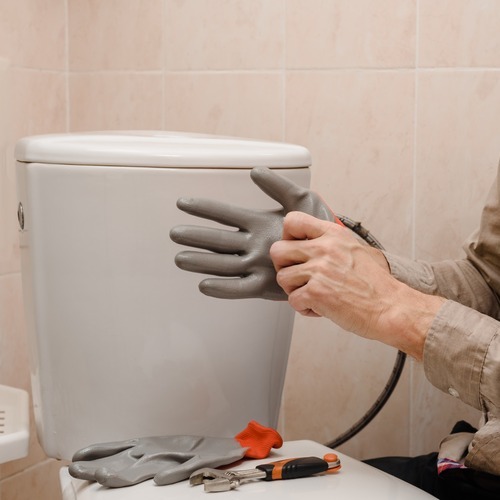
Water Heater Installation in a City Near You
Energy efficiency, cost, available space, and your household’s hot water usage patterns are all things to consider when getting a new water heater. Tankless or storage tank. Gas or electric. What’s the better choice? Here’s a comparison of gas, electric, and tankless water heaters to help you make an informed decision.
And if you need water heater installation in Indianapolis, IN, be sure to call your local plumber at 317-677-4918. Our prices are fair, and we provide a range of services, so reach out to learn how we can help you.
Gas Water Heaters
Gas water heaters are typically more cost-effective to operate than electric heaters, especially in areas with low natural gas prices. They tend to recover hot water faster than electric heaters, making them suitable for homes with high hot water demand. Gas heaters continue to provide hot water during power outages if they have a pilot light (though some newer models may require electricity).
On the flip side, gas water heaters tend to cost more than their electric counterparts, and installation may require venting to expel combustion gases, which can add to installation costs. Finally, gas water heaters will work only if there is access to natural gas or propane.
Electric Water Heaters
Electric water heaters can be installed in any home, even those without access to gas or propane. It’s generally more affordable to purchase an electric water heater and installation is simpler.
Although electric water heaters are cheaper than gas ones, it’s usually more expensive to operate a gas unit — particularly in areas with high electricity rates. It also takes longer to heat up water using an electric unit than a gas unit. Finally, your electric water heater may not function during power outages unless equipped with a backup power source like a generator.
Tankless (On-Demand) Water Heater
As their name indicates, tankless water heaters don’t have a tank of stored hot water. Instead, they heat water on demand or as needed. This means that a tankless unit can provide an endless stream of hot water, whereas a storage tank unit can provide as much hot water as its tank allows it to hold. Lack of a storage tank makes tankless units a lot more compact.
Although having unlimited hot water is nice, tankless units take a lot longer to heat up water than do storage tank units. Tankless water heaters are also more expensive, and their installation can be a bit more labor-intensive.
Call Your Local Indianapolis, IN Plumber
When choosing a water heater, consider your budget, energy preferences, hot water needs, and available space. It’s also essential to research energy efficiency ratings and potential rebates or incentives offered by utility companies for more environmentally friendly options. Additionally, consulting with a professional plumber or HVAC technician can provide valuable insights tailored to your specific home and requirements. If you need help choosing a water heater in Indianapolis, IN, give Grateful Plumber a call. We are here to answer any questions you may have, and when you’re ready, we guarantee a water heater installation done right. Call 317-677-4918 or connect with us online.


